LATEST NEWS
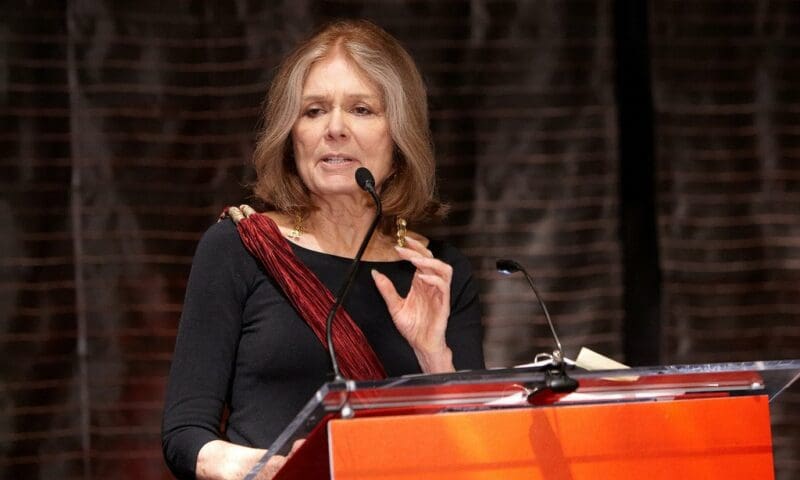

The most wonderful thing about hearing Gloria Steinem speak recently at the Getty House was meeting the two high school students sitting in front of me. These young Latinas had just formed a feminism club at Montebello High, and its first meeting was a big success. The goal of the club, they told me, is to “explore what feminism means to other students and to educate ourselves.” The two were here to get a boost of ideas and inspiration from Steinem — and were they excited.
Over 100 high school students, overwhelmingly female and from a wide diversity of backgrounds, came to hear Steinem and to submit questions to which she responded. It felt like Feminism 101 and seemed to be exactly what the young women came for.
Amy Wakeland, who prefers to be identified as the First Lady of Los Angeles, and her husband, Mayor Eric Garcetti,
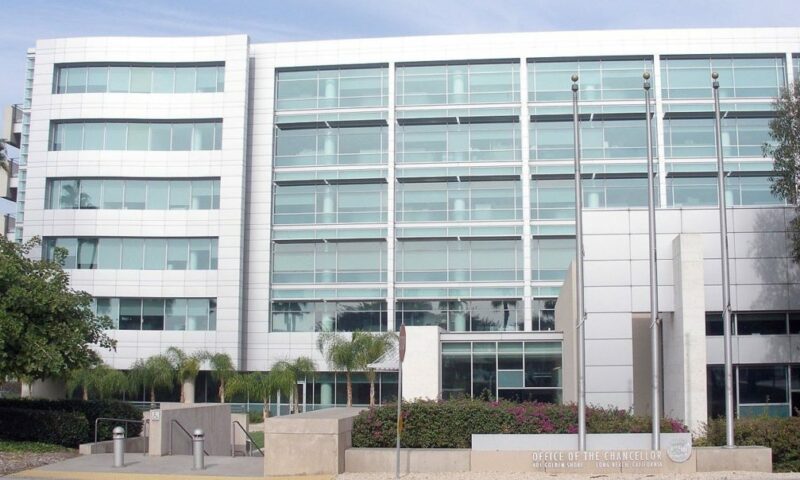

Faculty and students from the 23 campuses of the California State University (CSU) system will demonstrate today over a contract fight that they say is critical to the future of higher education in the Golden State. The actions will be highlighted by a march through downtown Long Beach, ending at the state chancellor’s office, where the CSU Board of Trustees is to meet.
The long-running conflict intensified last week, as the California Faculty Association (CFA) announced that 94 percent of its members who voted agreed to authorize a strike. Faculty have been frustrated by what they say is under-investment in teaching: stagnant wages and the CSU’s move towards cheaper part-time teachers rather than tenure-line faculty, while at the same time hiring and giving raises to non-academic supervisors and top management. Student fees increased multiple times over that period. The result, say CFA members, is that students face a tougher path to graduation,
» Read more about: Why California's State University Faculty Might Hit the Bricks »


As America’s heartland prepares for another frigid winter, low-income families in Iowa are also bracing for a significant change. That’s because private companies are scheduled to take over management of the state’s Medicaid program the first of the New Year, a shift Iowa’s governor is calling “modernization.”
Governor Terry Branstad says that concerned Iowans “should not be afraid of change,” but private management could make it harder for almost 600,000 people—about 22 percent of the state’s population—to get the health care they need.
The Des Moines Register says the current state-run program “spends less per person than the majority of other states, while still providing comprehensive coverage.” Why jeopardize that? A chaotic transition, diminished services or reduced coverage could threaten low-income families and people with disabilities.
But Iowans still have a say. The federal government has to sign off on the transition,
» Read more about: Iowa to Hand Over Medicaid to Private Companies »


November 19 marks the 100-year anniversary of Joe Hill’s execution by a Utah firing squad for a sensationalized Salt Lake City double homicide. Hill, a 36-year-old Swedish immigrant, was an itinerant laborer and union organizer for the Wobblies – the Industrial Workers of the World (IWW). Today most historians view Hill’s arrest as a police frame-up and consider his trial and execution as, at the least, a politically motivated miscarriage of justice, if not outright judicial murder.
Hill’s mythic stature continues to serve as the soul of the struggle for workers’ rights and economic equality, and interest in his life shows no sign of abating — a phenomenon that is reflected in the ongoing yearlong series of exhibits, book events and concerts commemorating his death.
Joe Hill, of course, was no ordinary organizer but also a poet and balladeer whose knack for taking a well-known hymn or folksong,


If you would like to help lift thousands of Pasadena families out of poverty, please join us on Saturday as we march to urge Pasadena’s mayor and city council to adopt a $15/hour minimum wage (gradually by 2020), then adjust it annually for inflation — similar to the law that the City of Los Angeles and L.A. County (for unincorporated areas) adopted in June.
What:
March from Pasadena Community Jobs Center to Central Park and rally to raise the wage and abolish wage theft.
When:
Saturday November 14, 9 a.m.
Where:
Begin at Pasadena Community Jobs Center, 500 N. Lake Avenue, Pasadena
(Click on event flyer)
Since L.A. adopted its minimum wage law, a number of other cities in L.A. County (including Long Beach, Santa Monica, West Hollywood, Glendale and others) are considering doing the same.
» Read more about: Saturday Rally Targets Pasadena Minimum Wage »
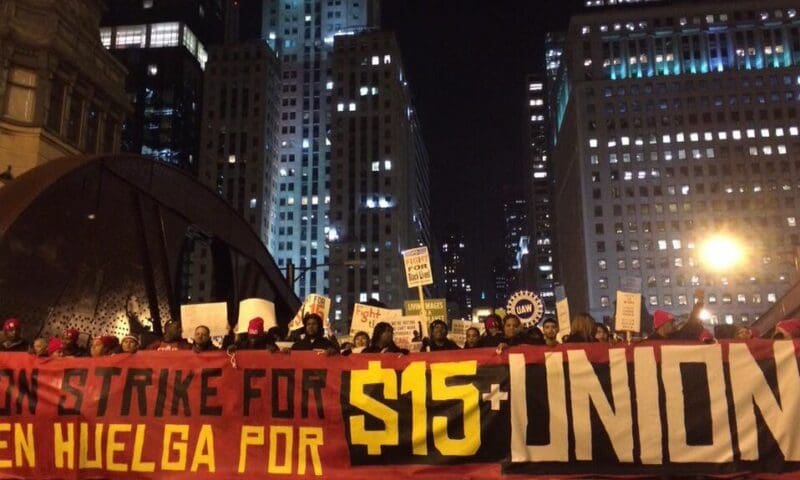
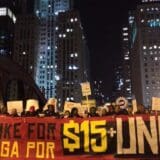
Last night’s Republican debate got underway following a day of national demonstrations in favor of raising the American minimum wage to $15 an hour — a day of protest accompanied by nothing-to-lose strikes by fast-food workers. The debate began with a question about raising the minimum wage. The first candidate to speak said America’s wages were, in fact, “too high” and that the current federal minim wage of $7.25 has to stay where it is.
The second presidential hopeful argued that the reason there are high unemployment rates among young African Americans is “because of those high wages.” The next candidate followed by calling the minimum wage “a disaster” for the 20th century and predicted catastrophe for the 21st should the day come when higher wages “make people more expensive than a machine.”
For a moment it looked as though the debate would become a contest to see which candidates would lower the minimum wage the most.
» Read more about: Not Debatable: Minimum Wage Movement Gains Ground »


Paul Duncan, a battalion chief with California’s state firefighting agency, was at home in Northern California enjoying a day off on September 12 when he got the message: A wildfire was burning on Cobb Mountain, about a dozen miles away from Hidden Valley Lake, where he lived with his wife and two daughters.
Duncan, 46, decided to leave and help knock down the blaze because he knew the fire unit in the area was already short-staffed from putting out on another conflagration. Besides, his nearly 30 years of experience persuaded him there was no way a fire burning on a mountain to the west could burn down to the valley floor and then race eastward to threaten the Duncans’ home.
His optimism was short lived. Upon arriving on Cobb Mountain Duncan got some troubling news. The fire he was fighting was heading toward his family.
» Read more about: Paradise Burned: How Climate Change Is Scorching California »
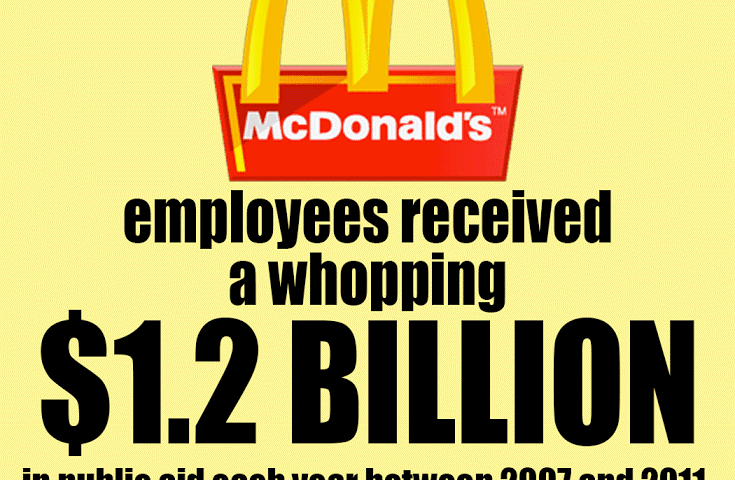
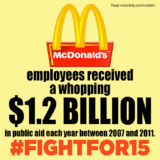
On Tuesday, November 10, Los Angeles and Long Beach will join the National Day of Action built around #FightFor15. Its message, which has been spreading since last April’s Tax Day demonstrations, will be announced loud and clear in 270 cities: Fast-food and other low-income workers in America deserve a break today – a national $15 hourly wage and the ability to organize into unions.
That is why fast-food workers will be walking off their jobs in a nationwide strike tomorrow. To learn what other actions are taking place across California, please check out Fight For 15’s website and its Facebook page.
In case you may think that comparatively few workers actually earn the minimum wage or would directly benefit from the proposed wage boost, consider this: According to a study from the National Employment Law Project, 42 percent of Americans earn less than $15 an hour.
» Read more about: Fight for $15: A Big Movement Gets Bigger Tuesday »


Old people often shake their heads and mutter about “the younger generation.” Or they’ll say to one another, “It’s not the way it used to be,” with a solemn look of dismay as if the world was “going to hell in a hand basket.” That’s the problem when an elder like me writes about human-caused climate change: I come close to being a cliché.
Perhaps such sentiments come from nostalgia for a time earlier in one’s life, an era viewed as simpler, slower and more familiar. Friends occasionally email me photo collections that supposedly represent a decade such as the 1950s without a single photo of anyone of color. It’s as if no one other than white people lived in this country. On the other hand, since most filmgoers are younger than my cohort, and if the top 10 grossing movies of a typical week are any indication, most people attending movies today choose deeply dystopian films about the violent end of civilization as we know it.


Did you know that one of the fastest growing sectors of the charter school industry is the “virtual” charter school, where K-12 students learn from home in front of their computers? No school buildings, no recess with friends, no shared learning. It’s true. The largest virtual charter company, a publicly traded corporation called K12, Inc., provides education to over 120,000 public school students across the country. Last year, it made more than $900 million in revenue, most of it taxpayer money earmarked for public education.
But virtual charters are starting to pile up bad news and serious questions about their priorities. A study released last week by the Center for Research on Education Outcomes (CREDO) found that students attending virtual charters learn significantly less in math and reading than similar students attending brick-and-mortar schools. So significantly less that the Washington Post’s Lyndsey Layton wrote,
» Read more about: Online Learning: No Buildings, No School Yards, No Education »


Eva Moskowitz’s Success Academy Charter Schools were recently exposed for having a “Got to Go” list of students, which singles out the children they would like to see leave through suspensions, counseling-out, or by not sending annual re-enrollment forms.
Charter schools receive taxpayer dollars under the premise that they will provide an education for all children. When charter schools accept the money but weed out, suspend or discourage students from attending their school using “zero tolerance” disciplinary codes, they hurt children, their families and the community — while perpetuating the school-to-prison pipeline.
This is why we’re glad to support Fatima Geidi, a mother of a Success Academy Charter School student, who has started a petition to Tell the U.S. Department of Education to Stop Funding the Kindergarten to Prison Pipeline.
Moskowitz’s aggressive suspension policies are part of a national trend of criminalizing black and brown youth,
» Read more about: Academy Charter Schools' Shameful "Got to Go" List »


High rent and low wages are squeezing poor and low-income families across California, including those living in its capital. But the Sacramento City Council’s actions on both economic issues are weak, some progressive critics say.
“The city caters to the continued gentrification of downtown,” Bob Erlenbusch, executive director of the Sacramento Regional Coalition to End Homelessness, said in an email to Capital & Main. “That is underpinned by market-rate housing surrounding the new arena.”
The vast majority of Sacramento’s low-income residents live outside the revitalized central city.
In 2014 the Sacramento City Council threw its political weight (without a public referendum) behind Golden 1 Center, the new $507 million downtown arena that is the future home of the Sacramento Kings basketball team. This September the council approved a plan for the city to issue $272.9 million in bonds,
» Read more about: Housing and Wages: The Sacramento City Council's Weak Half-Measures »
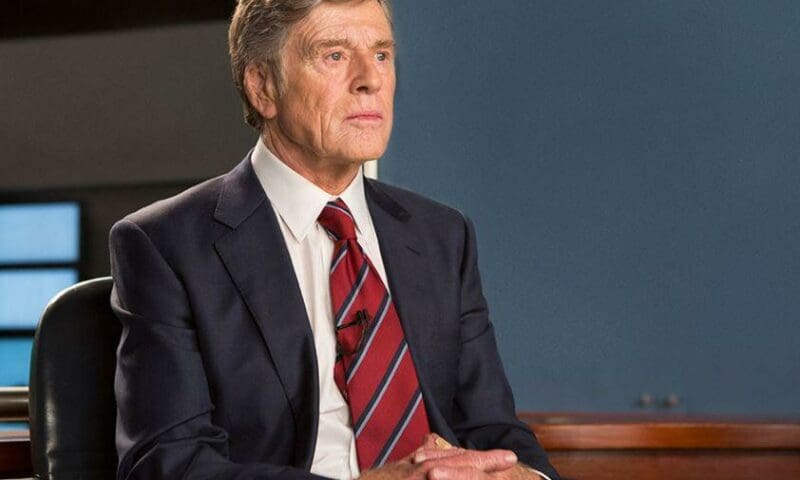

Truth might be seen as the third installment of an informal Robert Redford trilogy of films grappling with American electoral politics and its stormy romance with the news media. This triptych began with 1972’s The Candidate, a satire about a telegenic senatorial contender who manipulates his image to win an election. Then came the 1976 historical drama, All the President’s Men, which solemnly celebrated the Fourth Estate in its early efforts to gather news about the Watergate break-in. Truth represents the melancholy trail’s end of this journey, when money and product-branding have trumped principles in both governance and journalism. It’s based on former 60 Minutes II producer Mary Mapes’ memoir that told how she and CBS news icon Dan Rather lost their jobs over a poorly sourced segment about George W. Bush’s alleged attempt to dodge military service in Vietnam through the Texas Air National Guard.
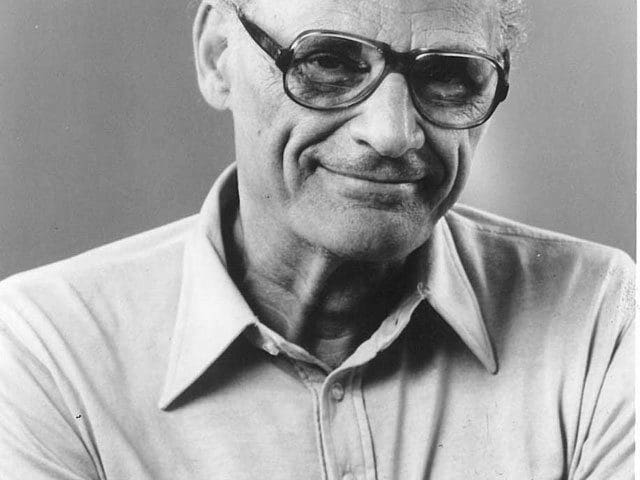
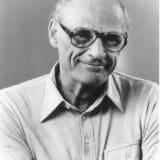
Arthur Miller — one of America’s greatest playwrights whose work reflected his affinity for the underdog and who translated his social conscience into political action — was born 100 years ago (October 17, 1915) and died in 2005.
A Miller play is always being performed somewhere in the world, but there’s a remarkable revival of five of his creations about to take place in New York, where he grew up. Next month, A View From the Bridge opens on Broadway, a staging of Incident at Vichy opens Off-Broadway, and a Yiddish version of his most famous work, Death of a Salesman (with English subtitles) is about to open, too.
In the spring, The Crucible, starring Ben Whishaw and Sophie Okonedo, will open in New York as well. Meanwhile, his play Broken Glass recently opened at the Westport Country Playhouse in Connecticut.
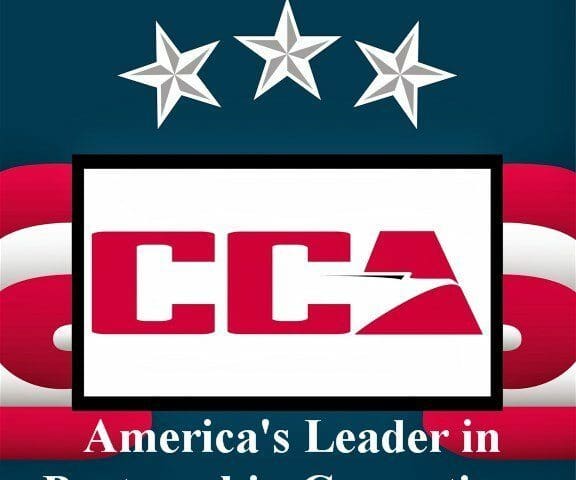

Like many states in the “tough on crime” era, Minnesota is struggling to reduce overcrowding in its prisons and jails. For now, the state’s government is paying counties to house over 500 incarcerated people that its prisons can’t hold. Corrections Corporation of America (CCA), the notorious private prison operator, says they have a long-term solution for Minnesota.
But Minnesotans, backed by the criminal justice reform movement sweeping the country, are responding with “No thanks!”
CCA wants to reopen the shuttered Prairie Correctional Facility in Appleton, MN, and lease space to the state. They deny they’re lobbying in Minnesota, but a politically connected lobbying firm, Goff Public Affairs, is pushing state officials to reopen the prison. That would be a costly mistake for both moral and economic reasons.
The company has a long rap sheet of cutting corners for the sake of profit,
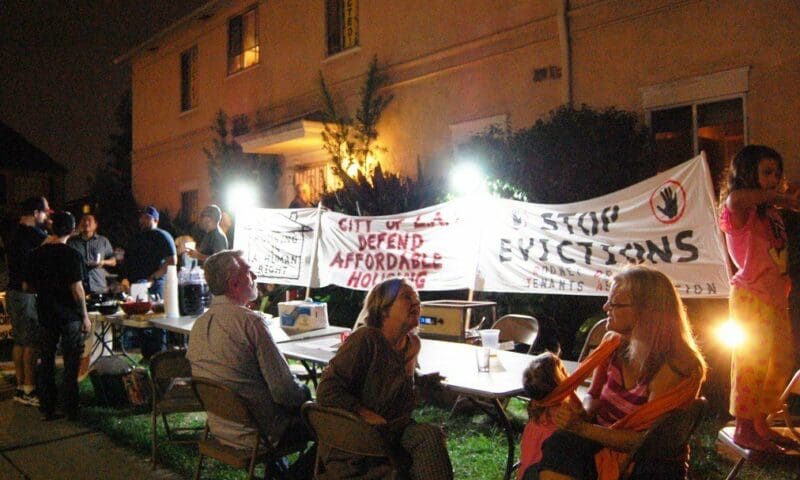

It’s just after dusk on a recent Friday in Los Angeles and already the streets of Los Feliz Village are bumper-to-bumper with the inflow of weekend diners, cocktail loungers and movie- and theatergoers along its main drag, Vermont Avenue.
Apart from being a nightlife hub, the neighborhood boasts highly rated public schools, a very good public library, a still-thriving bookstore and even a good sidewalk newsstand. And they’re all within leisurely walking distance from the single-family Craftsmans, California bungalows and modestly scaled courtyard apartment buildings that line its shaded streets.
Within a stone’s throw of Vermont are is a somewhat nondescript postwar courtyard complex at 1655 Rodney Drive. Though a bit weathered and overgrown on the outside, inside its dozen rent-controlled units are spacious and neatly kept. Its longtime, largely middle-aged gay residents pay around $800 to $1100 a month.
In a city notorious for its atomized sprawl,
» Read more about: Los Feliz Tenants Fight Evictions With Protest Parties »
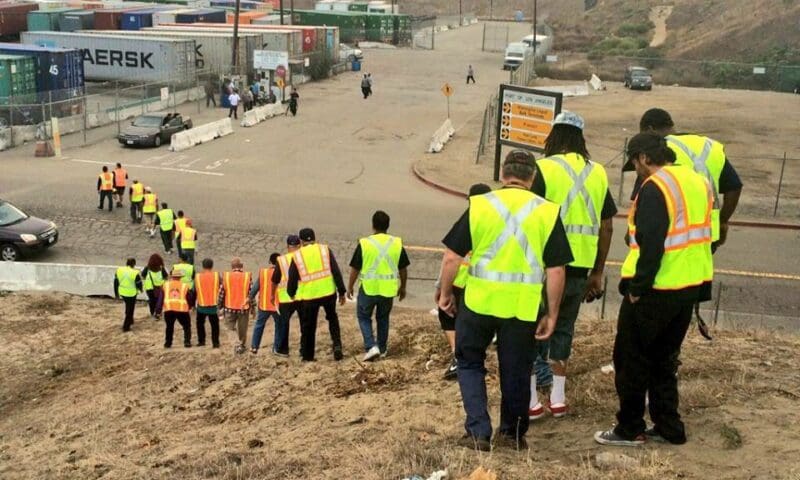

Two days ago, with truck driver strikes expanding at Los Angeles-area ports, Capital & Main shared a conversation with a pair of drivers who detailed safety concerns about a trucking system that imposes long hours and unaffordable maintenance burdens. As the strikes spread among trucking companies and into port warehouses, those safety concerns took center stage with a shocking accident.
Bicyclist Killed
On Tuesday afternoon a shipping container slipped from a truck and killed a bicyclist in Carson. The container had struck a railroad bridge, though a witness said that the truck may not have been appropriate for the job.
“I’m assuming that they’re hiring those flatbeds because yesterday it was a flatbed too,” David Alva told ABC7 News. The day before, Alva saw a similar accident that did not involve injuries. “Those containers weigh from 40,000 [pounds] and up. They just strap them on with straps,
» Read more about: Port Truck Strike Spreads to Warehouses »


The rural Southwest feels vast and empty. Driving from Los Angeles to New Mexico, my wife Susan and I saw sweeping landscapes of alluvial fans and sheer cliffs, and mesas that stretched as far as we could see. Just the idea that people carved out a way of life on these lands left us in awe of our ancestors and, before them — centuries before them, millennia even — the first people who lived here.
People still live on this arid earthscape. They populate the small towns along the railroad tracks. They dwell in pueblos at the tops of mesas. They survive tucked into corners of cliff sides and in the bottomlands of rivers. Driving through such rugged beauty made us aware of the power of nature and the relative powerlessness of human beings in that kind of environment.
“Wild” no longer exists, even in the vast expanses of the Southwest. » Read more about: A Cease-Fire With Nature? »


“I want this message to be loud and clear: Until Pacific 9 reclassifies its workers, until they return our wages, until they obey the law, we will not stop the fight.”
– Amador Rojas, port truck driver
As Capital & Main reported yesterday, drivers with one of the larger trucking companies serving the ports of Los Angeles and Long Beach went on strike just before dawn Monday. They struck XPO Logistics, a major international freight transportation company, while at the same time other drivers picketed Pacific 9 Transportation as they entered the 15th week of a strike against that company.
These drivers are on the front lines of a critical fight impacting the future of work in the United States. “Misclassification,” a condition in which companies wrongly treat their workers as “independent contractors” rather than as employees, is a growing problem that is receiving increasing attention.
» Read more about: Striking Port Truck Drivers Dig in Against Wage Theft »


Truck drivers at the ports of Los Angeles and Long Beach will begin a strike at 6 a.m. today against local subsidiaries of XPO Logistics, a Connecticut-headquartered freight transportation company. The drivers are taking the action because they say that XPO misclassifies them as independent contractors rather than as employees – a practice that allows companies to claw back pay, duck labor standards and pass vehicle maintenance costs onto drivers.
Misclassification policies amount to wage theft, according to labor advocates and increasingly one-sided rulings by courts and regulatory agencies. Studies have found that between 10 and 20 percent of employers misclassify at least one employee in nearly every American industry, from construction to home care to janitorial services to transportation.
At the same time that XPO’s drivers will be walking picket lines, drivers protesting similar treatment from Pacific 9 Transportation, another freight-hauling company servicing the ports, will enter the 15th week of a strike against that business.
» Read more about: Bulletin: Port Truck Drivers Strike Over Wage Theft »